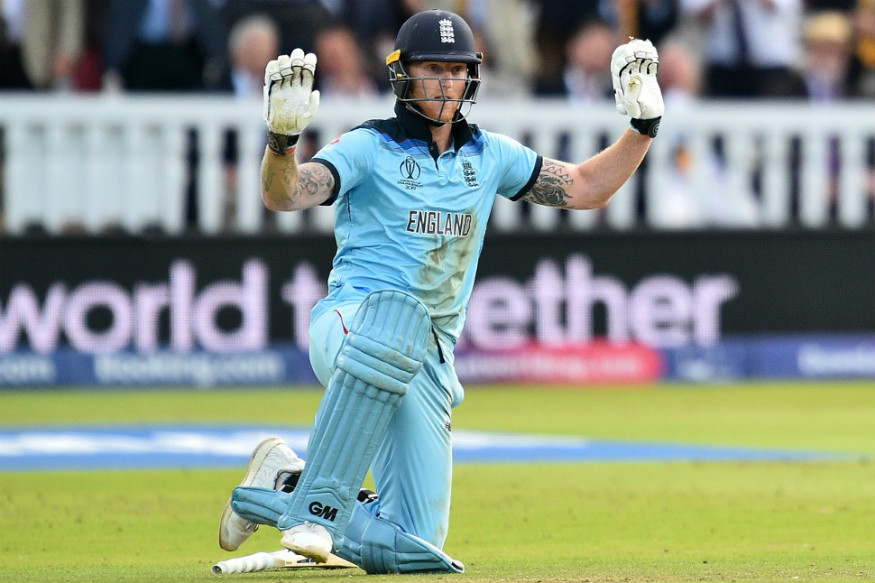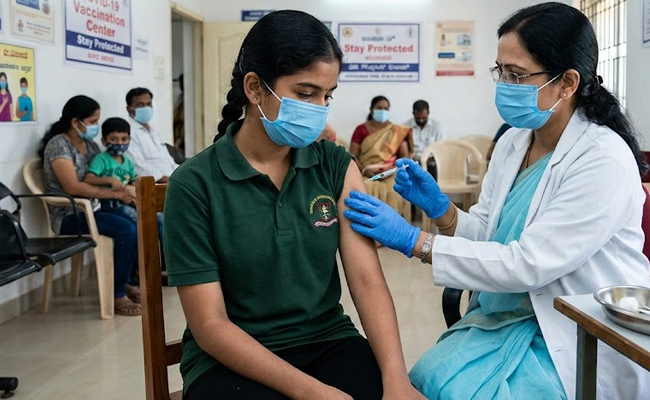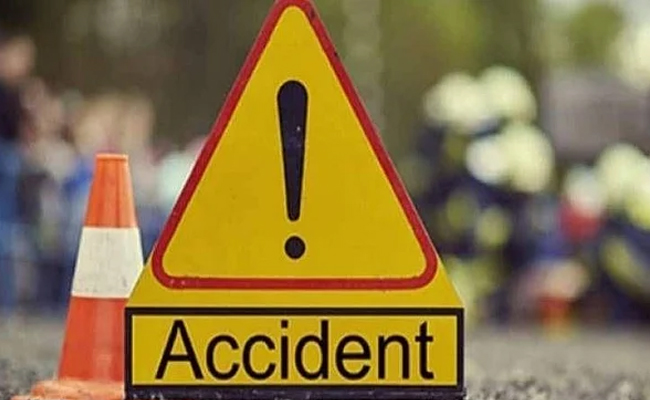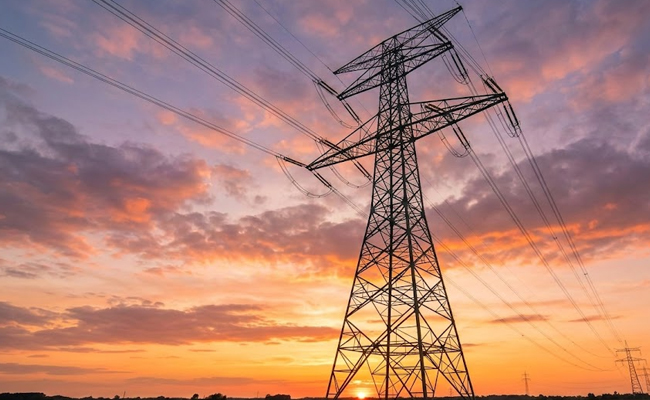London: With his "hand on heart", England's World Cup hero Ben Stokes says he never asked the umpires to cancel the four runs off an overthrow during the epic final against New Zealand.
One of the biggest turning points of the July 14 final was the overthrow on the fourth ball of the final over bowled by Trent Boult.
In a bid to complete his second run, a diving Stokes, his bat outstretched, accidentally deflected the ball coming from the deep mid-wicket region to the third man boundary.
"I saw all of that. I was thinking to myself, did I say that? But hand on heart, I did not go up to the umpires and say something like that to the umpires," Stokes said in the latest episode of BBC podcast 'Tuffers and Vaughan'.
Stokes, who remained not out on 84 at the end of regulation play before swinging his bat again in the Super Over, said he apologised to New Zealand skipper Kane Williamson and wicketkeeper Tom Latham as the ball rolled past the boundary.
"I went straight to Tom Latham and said 'Mate, I am so sorry', looked over to Kane (Williamson) and said 'I'm sorry'," he said.
Stokes' England teammate James Anderson had earlier claimed that the all-rounder had asked for the four overthrow runs to be cancelled.
Stokes said he has seen the 50th over of the England inning multiple times since the July 14 evening at Lord's and said it was "nerve-wracking to watch" despite the fact that his team is already a World Cup winner.
Let the Truth be known. If you read VB and like VB, please be a VB Supporter and Help us deliver the Truth to one and all.
Bhubaneswar (PTI): At least three persons, including a boy, drowned while taking a bath after celebrating Holi at separate places in Odisha on Wednesday, police said.
While two incidents took place in Jajpur district, the third one happened in Cuttack district.
A report from Jajpur said that a man, identified as Sangram Ajitabh Das (40) of Padmapur area under Jajpur Road police limits, drowned while bathing in the Kharasrota river after the celebration of Holi in Byasanagar area in the afternoon.
His body was recovered and sent for postmortem examination.
In another incident from the same district, a youth identified as Hiranya Kumar Behuria of Bari area, also drowned in the Brahmani river at Khari Padia in Jajpur.
A report from Cuttack district said that a boy, identified as Jeevan Behera, drowned while bathing in the Mahanadi river in Baramba area along with friends. He was swept away by the river current, police said.
Fire Service personnel found the minor and took him to a hospital, where doctors declared him dead on arrival, police said.





